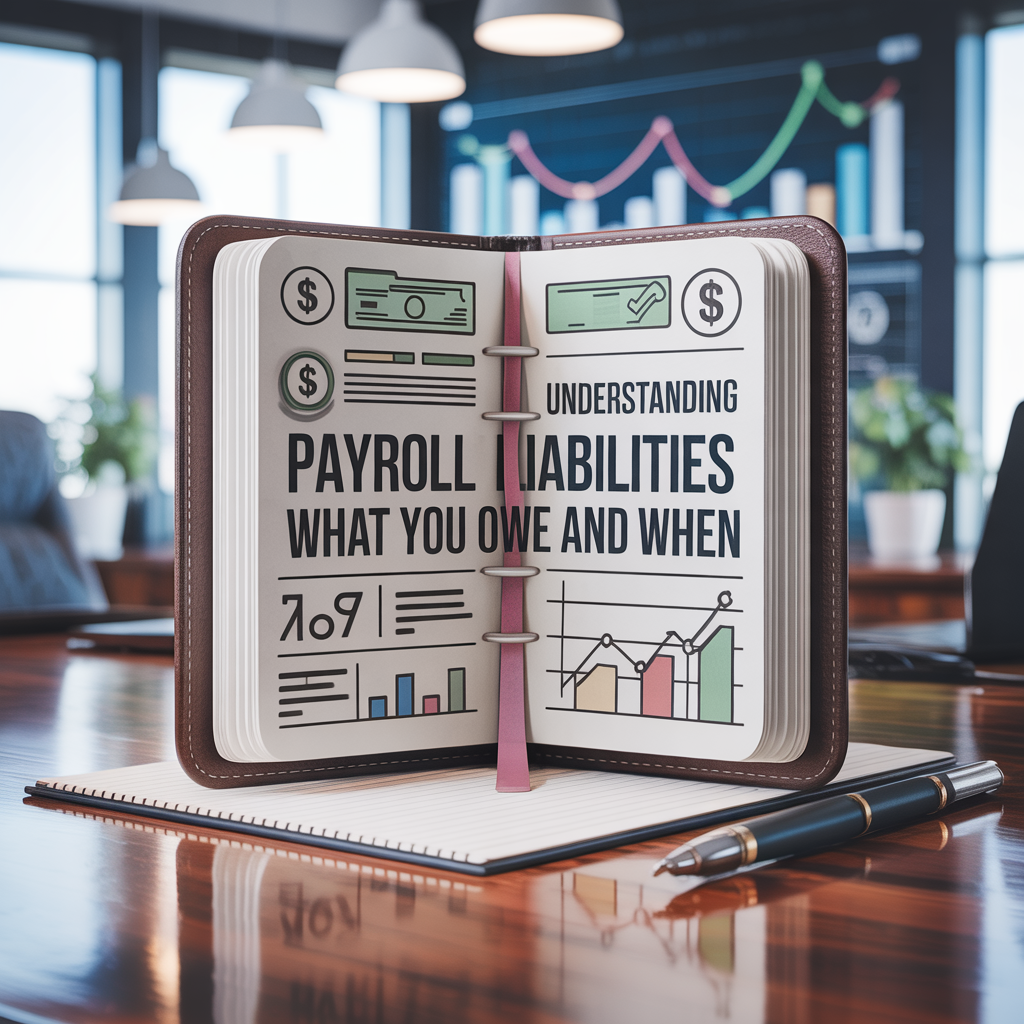Tax Planning for the Self-Employed - What You Need to Know: Essential Strategies for Freelancers and Contractors to Minimize Tax Liabilities

Being your own boss comes with a unique set of challenges, and one of the biggest hurdles for self-employed individuals is navigating the complex world of taxes. As a freelancer or independent contractor, you're responsible for managing your own tax obligations, which can feel overwhelming at times. But don't worry - with the right tax planning strategies, you can minimize your tax liabilities and keep more of your hard-earned money in your pocket.
At Boulanger CPA, we understand the intricacies of self-employed taxes and are here to guide you through the process. In this comprehensive guide, we'll explore essential tax planning strategies for freelancers and contractors, helping you make informed decisions about your finances and stay on top of your tax game.
Understanding Self-Employment Taxes
Before we dive into specific strategies, it's crucial to understand what self-employment taxes entail. When you're self-employed, you're responsible for both the employee and employer portions of Social Security and Medicare taxes. This is known as the self-employment tax, and it's calculated using Schedule SE.
The current self-employment tax rate is 15.3%, which consists of 12.4% for Social Security and 2.9% for Medicare. While this might seem steep, remember that you can deduct half of your self-employment tax when calculating your adjusted gross income.
Essential Tax Planning Strategies
1. Keep Meticulous Records
One of the most important aspects of tax planning for the self-employed is maintaining accurate and detailed records of your income and expenses. This not only helps you stay organized but also ensures you're prepared come tax time.
Consider using accounting software or apps designed for freelancers to track your business expenses, income, and mileage. These tools can save you time and headaches when it's time to file your taxes.
2. Make Quarterly Estimated Tax Payments
As a self-employed individual, you're required to make quarterly estimated tax payments if you expect to owe $1,000 or more in taxes for the year. These payments help you avoid a large tax bill (and potential penalties) when you file your annual return.
To calculate your estimated taxes, you can use Form 1040-ES or consult with a tax professional. Remember, it's better to slightly overestimate your payments than to underpay and face penalties.
3. Take Advantage of Tax Deductions
One of the perks of being self-employed is the ability to deduct various business expenses from your taxable income. Some common deductions include:
- Home office deduction
- Vehicle expenses and mileage
- Health insurance premiums
- Retirement plan contributions
- Professional development and education expenses
- Office supplies and equipment
Keep in mind that to claim these deductions, you need to keep detailed records and receipts. It's also important to understand the rules surrounding each deduction to ensure you're claiming them correctly.
4. Maximize Your Retirement Savings
As a self-employed individual, you have several options for tax-advantaged retirement accounts. These include:
1- SEP IRA (Simplified Employee Pension)
2- Solo 401(k)
3- SIMPLE IRA
Contributing to these accounts not only helps you save for retirement but also reduces your taxable income for the year. The specific contribution limits and rules vary for each type of account, so it's worth discussing your options with a financial advisor or tax professional.
5. Consider Your Business Structure
The way you structure your business can have significant tax implications. While many freelancers operate as sole proprietors, other business structures like LLCs, S corporations, or C corporations might offer tax advantages depending on your specific situation.
For example, forming an S corporation could potentially help you save on self-employment taxes by allowing you to pay yourself a reasonable salary and take the rest of your income as distributions. However, this strategy comes with additional compliance requirements and costs, so it's essential to weigh the pros and cons carefully.
6. Timing Income and Expenses
Strategic timing of your income and expenses can help you manage your tax liability. For instance, if you expect to be in a lower tax bracket next year, you might consider deferring some income to the following year. Conversely, if you anticipate being in a higher bracket, you might accelerate income into the current year.
Similarly, you can time your business expenses to maximize their tax benefit. For example, if you need new equipment, purchasing it before the end of the year could give you a valuable deduction for the current tax year.
7. Don't Forget About State and Local Taxes
While federal taxes often get the most attention, it's crucial not to overlook state and local tax obligations. Depending on where you live and work, you may be subject to state income taxes, sales taxes, or even local business taxes.
Some states offer special tax breaks for small businesses or self-employed individuals, so it's worth researching the specific rules in your area. Additionally, if you work across state lines, you may need to file multiple state tax returns.
8. Stay Informed About Tax Law Changes
Tax laws are constantly evolving, and it's essential to stay up-to-date on changes that could affect your tax situation. For example, recent years have seen changes to the home office deduction rules and the introduction of new tax credits for small businesses.
Consider subscribing to tax newsletters, following reputable tax blogs, or working with a tax professional who can keep you informed about relevant changes.
9. Plan for Health Insurance
Health insurance is a significant expense for many self-employed individuals. The good news is that you may be able to deduct your health insurance premiums, including coverage for your spouse and dependents.
Additionally, consider exploring Health Savings Accounts (HSAs) if you have a high-deductible health plan. HSAs offer triple tax benefits: contributions are tax-deductible, the money grows tax-free, and withdrawals for qualified medical expenses are tax-free.
10. Don't Neglect Estimated Taxes
We mentioned estimated taxes earlier, but it's worth emphasizing their importance. Failing to make these quarterly payments can result in penalties and interest charges. Set reminders for yourself or work with a tax professional to ensure you're making timely and accurate estimated tax payments.
Wrapping Up
Tax planning for the self-employed can seem daunting, but with the right strategies and a proactive approach, you can minimize your tax liabilities and set yourself up for financial success. Remember, every freelancer's situation is unique, so what works for one person might not be the best approach for another.
At Boulanger CPA, we specialize in helping self-employed individuals navigate the complexities of tax planning and preparation. Our team of experienced professionals can provide personalized advice tailored to your specific needs and goals.
Don't let taxes be a source of stress in your freelance career. With careful planning and expert guidance, you can focus on what you do best – running and growing your business. Reach out to us today to learn how we can help you optimize your tax strategy and achieve your financial objectives.

Marc Boulanger
Marc views his accounting business as an extension of his family. And while he holds a Bachelor of Arts in Business Administration and Accounting and a Masters of Science in Accounting, he values traveling around the country with his wife of 30 years and 5 kids, Marc learned that communication is the key to effective team work.


